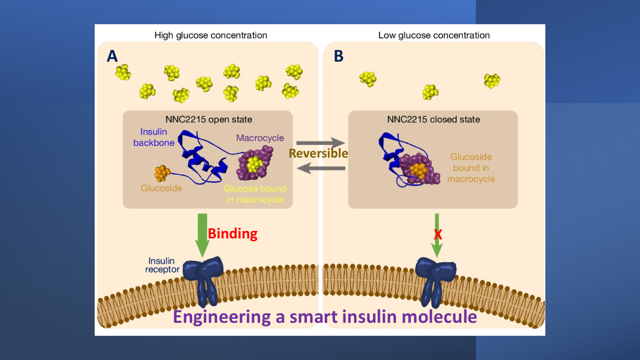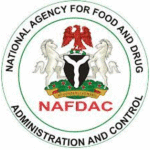The National Agency for Food and Drug Administration and Control (NAFDAC) has directed all manufacturers of foods and beverages in the country to concede with its regulation on the elimination of industrially produced trans fatty acids (TFAs) and reduction of sodium from foods and beverages produced in the country.
NAFDAC Director General, Prof Moji Adeyeye, who revealed this at a stakeholders’ meeting on lipid and cardiovascular health, organised by the Nigerian Heart Foundation (NHF), emphasised that the regulation is also one of the health targets of the United Nations Sustainable Development Goals (SDGs 3, 4).
Join our WhatsApp ChannelAccording to WHO, total saturated fats, trans fat, and cholesterol intakes should be less than 10 per cent and 1 per cent of total energy intake, which translates to less than 20 grams per day and 2.2 grams per day, respectively.
The NAFDAC boss, who was represented at the meeting by her Special Assistant, Dr Gbenga Fajemirokun, said; “Cardiovascular disease is the leading cause of death globally, and efforts at controlling this scourge have led to the development of several regulations, amongst which are the Fats and Oils Regulation; Pre-packaged Food (Labelling) Regulations; Food Fortification with Vitamin A Regulation, and Nutrition and Health Claims Regulations. Efforts at collaboration among stakeholders, which is one of the latest forums, were predicated on the elimination of industrially produced TFAs and the reduction of sodium in Nigeria for the supply chain.
READ ALSO: Prolonged Fasting Can Cause Kidney Failure – NAFDAC Warns
“Sodium reduction and elimination of industrially produced TFAs will contribute to the creation of an enabling food environment, which promotes healthy diets and help achieve the global nutrition and diet-related NCD target endorsed by the World Health Assembly (WHA) and committed to at the second International Conference on Nutrition and the Decade of Action on Nutrition (2016-2-25).”
“The role of NAFDAC is in regulating and controlling the manufacture, importation, exportation, advertisement, distribution, sale and use of foods, drugs and other regulated products in a way that positively impacts on cardiovascular health.
“Food manufacturers may come to the assistance of consumers wishing to avoid the health threats from saturated and trans fats by reducing the saturated and trans fats in some of their standards,” she said.
Adeyeye also urged the consuming public to adjust their eating habit, by cutting out saturated fat, increasing omega-3 fatty acids and monosaturated fats, and eating more fruits and vegetables, saying this can make a big difference in their health and well-being.
“Replacing both saturated and trans fats with monounsaturated and polyunsaturated fats may be the most effective global strategy in preventing cardiovascular disease,” she said.
In his contribution, Dr Femi Mobolaji-Lawal, chairman of, the Executive Council, NHF, reiterated the views of the NAFDAC DG, he maintained that what people eat has a direct link with their heart health. This explains the reason behind NHF’s front-of-pack label, which encourages transparency, adding that it is essential for stakeholders to follow regulations and good production practices.
Mobolaji-Lawal urged consumers to embrace heart-healthy oils and fats in replacement of saturated and trans fats, while also enjoining regulators and government to invest in monitoring and surveillance mechanisms while improving laboratory capacity and scaling up to meet regional, national, and international standards.
The Executive Director of the NHF Foundation, Dr Kingsley K. Akinroye, reiterated its submission for a limit of no more than 1 per cent of the total trans-fat content of cooking oils and of the total content in all other foods, stating that the report has been submitted to the Minister of Health.
He further disclosed the Foundation’s standard in enlisting products in its Heart Mark Food Labelling Programme, noting that any food that will carry NHF’s heart health logo must have 0 per cent of the total trans-fat content of cooking oils.
According to him “trans-fat is created when an unsaturated fat is processed or hydrogenated. It raises LDL-cholesterol (bad cholesterol) levels. Saturated fat generally comes from animal sources like meat, poultry, and dairy foods. Plant sources are coconut oils, palm oil and palm kernel oil.”


















Follow Us